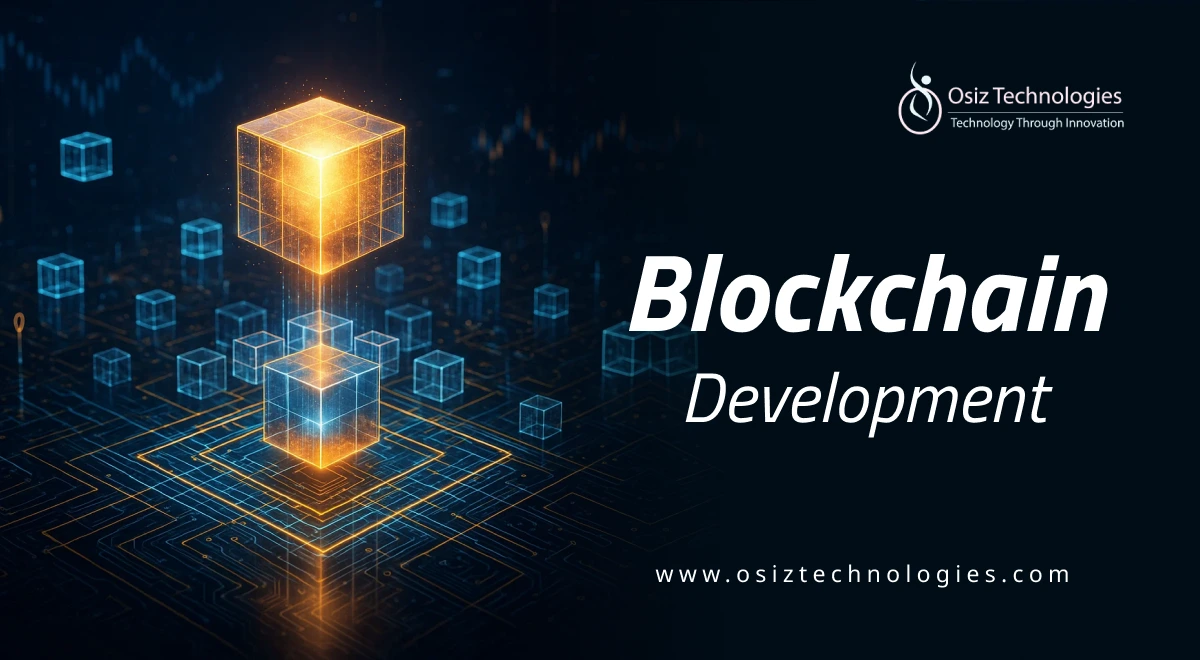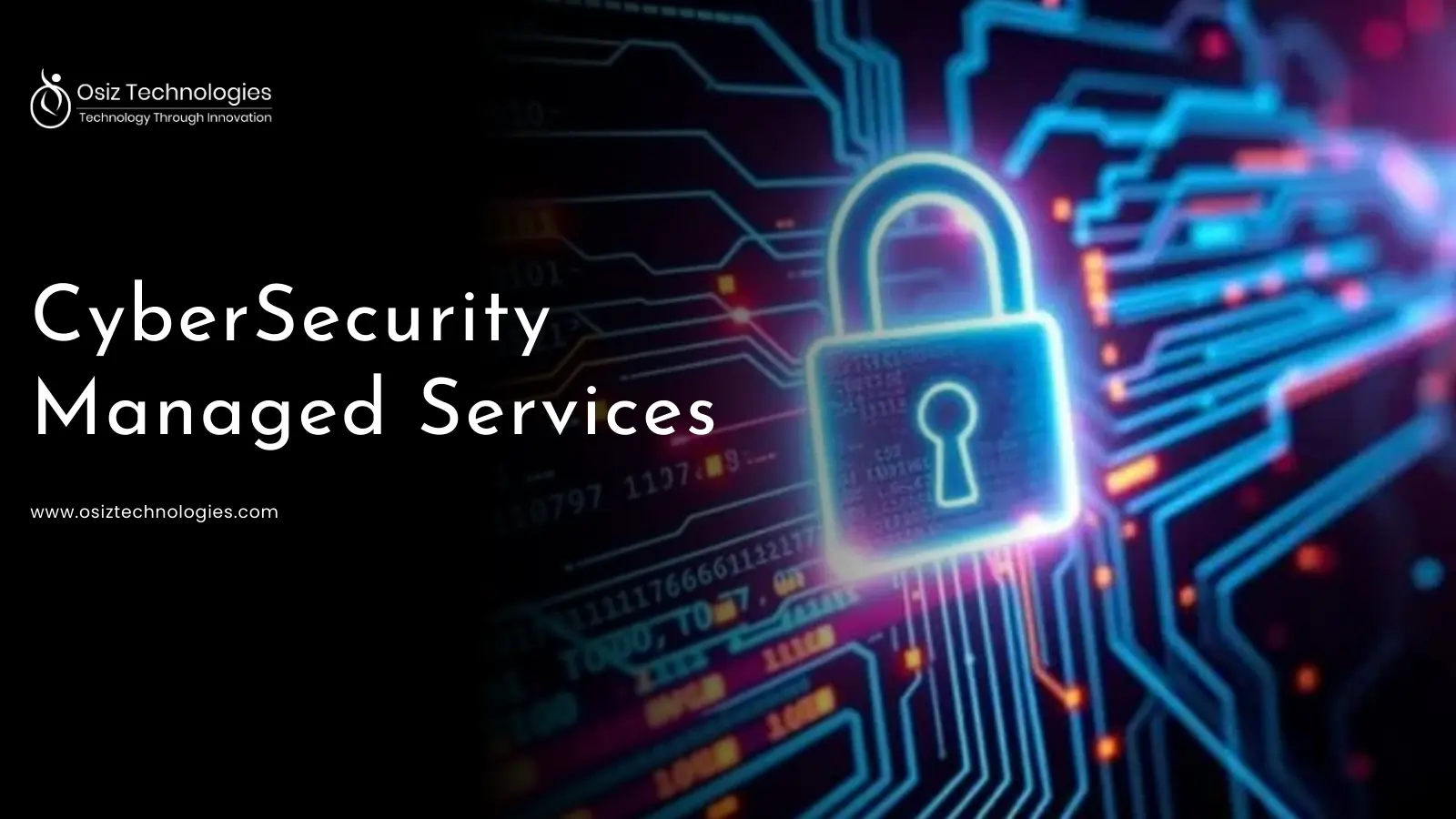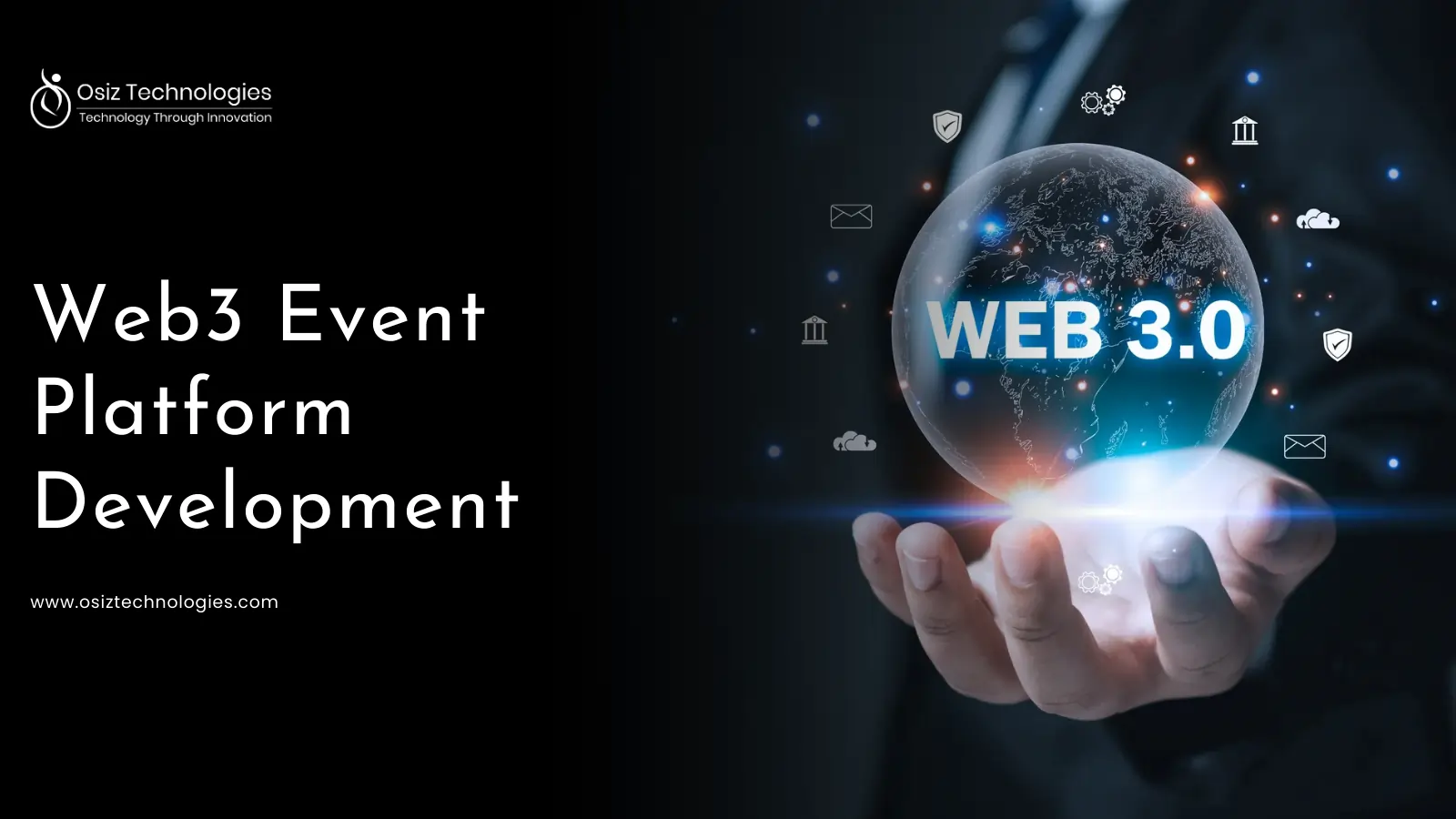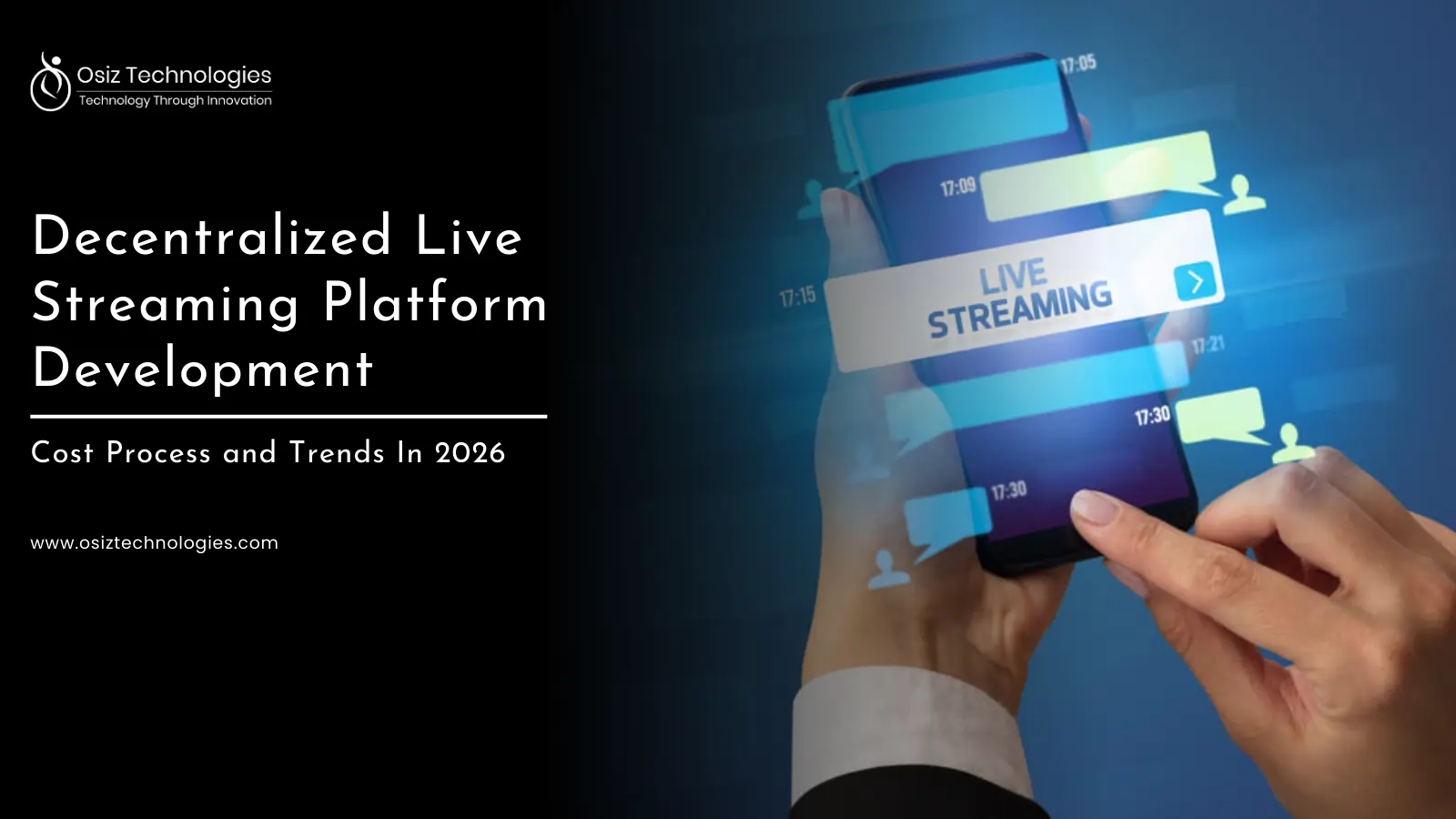In the rapidly evolving landscape of blockchain technology, developers are constantly seeking the best tools to streamline their workflows and enhance their projects. As we look towards 2025, several key blockchain development tools have emerged as essential for creating robust decentralized applications (dApps) and smart contracts. This article will explore these tools, their functionalities, and how they contribute to the broader blockchain ecosystem.
Understanding Blockchain Development
Blockchain development involves creating applications that run on blockchain technology. This can include everything from developing smart contracts to building entire decentralized applications. The rise of blockchain has led to the creation of various tools and frameworks that simplify the development process, making it more accessible to developers of all skill levels.
1. Ethereum Smart Contract Development
Ethereum remains one of the most popular platforms for blockchain development, particularly for smart contracts. Smart contracts are self-executing contracts with the terms of the agreement directly written into code. They run on the Ethereum Virtual Machine (EVM), which allows for a wide range of applications. Developers can leverage Ethereum's robust ecosystem to build decentralized applications that are secure and efficient.
2. Truffle Development Framework
Truffle is one of the leading development frameworks for Ethereum. It provides a suite of tools for developing, testing, and deploying smart contracts. With features like automated contract testing and a built-in asset pipeline, Truffle significantly reduces the complexity of blockchain development. Its integration with Ganache, a personal blockchain for Ethereum development, allows developers to test their contracts in a controlled environment.
3. Hardhat Blockchain Testing
Hardhat is another powerful framework that focuses on Ethereum development. It provides a flexible environment for testing and debugging smart contracts, making it easier for developers to identify and fix issues before deploying their applications. Hardhat also supports plugins that extend its functionality, allowing developers to customize their development environment to fit their specific needs.
4. Remix IDE for Smart Contracts
Remix is a web-based integrated development environment (IDE) that allows developers to write, compile, and debug Solidity smart contracts directly in their browser. Its user-friendly interface and real-time feedback make it an excellent choice for both beginners and experienced developers. Remix supports various plugins that enhance its capabilities, such as static analysis tools and testing frameworks.
5. MetaMask Wallet Integration
MetaMask is a popular cryptocurrency wallet that enables users to interact with the Ethereum blockchain. For developers, integrating MetaMask into their dApps provides a seamless way for users to manage their assets and interact with smart contracts. This integration is crucial for enhancing user experience and ensuring secure transactions within decentralized applications.
6. Chainlink Blockchain Oracle
Chainlink is a decentralized oracle network that connects smart contracts with real-world data. This is essential for applications that require external information, such as price feeds or weather data. By using Chainlink, developers can ensure that their smart contracts are responsive to real-time data, significantly expanding their potential use cases.
7. NFT API and Analytics
As non-fungible tokens (NFTs) continue to gain popularity, developers need tools to manage and analyze NFT data. Various APIs provide access to NFT marketplaces, enabling developers to integrate NFT functionalities into their applications. Analytics tools help track NFT performance and user engagement, offering valuable insights for optimizing dApp features.
8. Web3 Development SDK
The Web3 development SDK is a collection of libraries and tools that facilitate interaction with the Ethereum blockchain. It allows developers to build applications that can read and write data to the blockchain, making it easier to create decentralized applications. This SDK is essential for developers looking to leverage the full potential of blockchain technology.
9. Blockchain Smart Contract Audit
Security is paramount in blockchain development. Conducting a smart contract audit helps identify vulnerabilities and ensures that contracts function as intended. Various tools and services specialize in auditing smart contracts, providing developers with peace of mind before launching their applications. Regular audits are a best practice that can prevent costly exploits and enhance user trust.
10. Decentralized App (dApp) Development
Building decentralized applications involves integrating various blockchain technologies and tools. Developers must consider factors such as scalability, security, and user experience. By utilizing the aforementioned tools, developers can create dApps that are not only functional but also user-friendly and secure. The future of dApp development looks promising, with increasing interest from both users and enterprises.
Conclusion
As we move towards 2025, the landscape of blockchain development continues to evolve. The tools and technologies mentioned in this article are essential for developers looking to create innovative solutions in the blockchain space. By leveraging these resources, developers can enhance their productivity, ensure security, and ultimately contribute to the growth of the decentralized ecosystem. If you're interested in exploring blockchain development further, connect with us at osiztechnologies
Listen To The Article
Recent Blogs

Avail
30% Off












